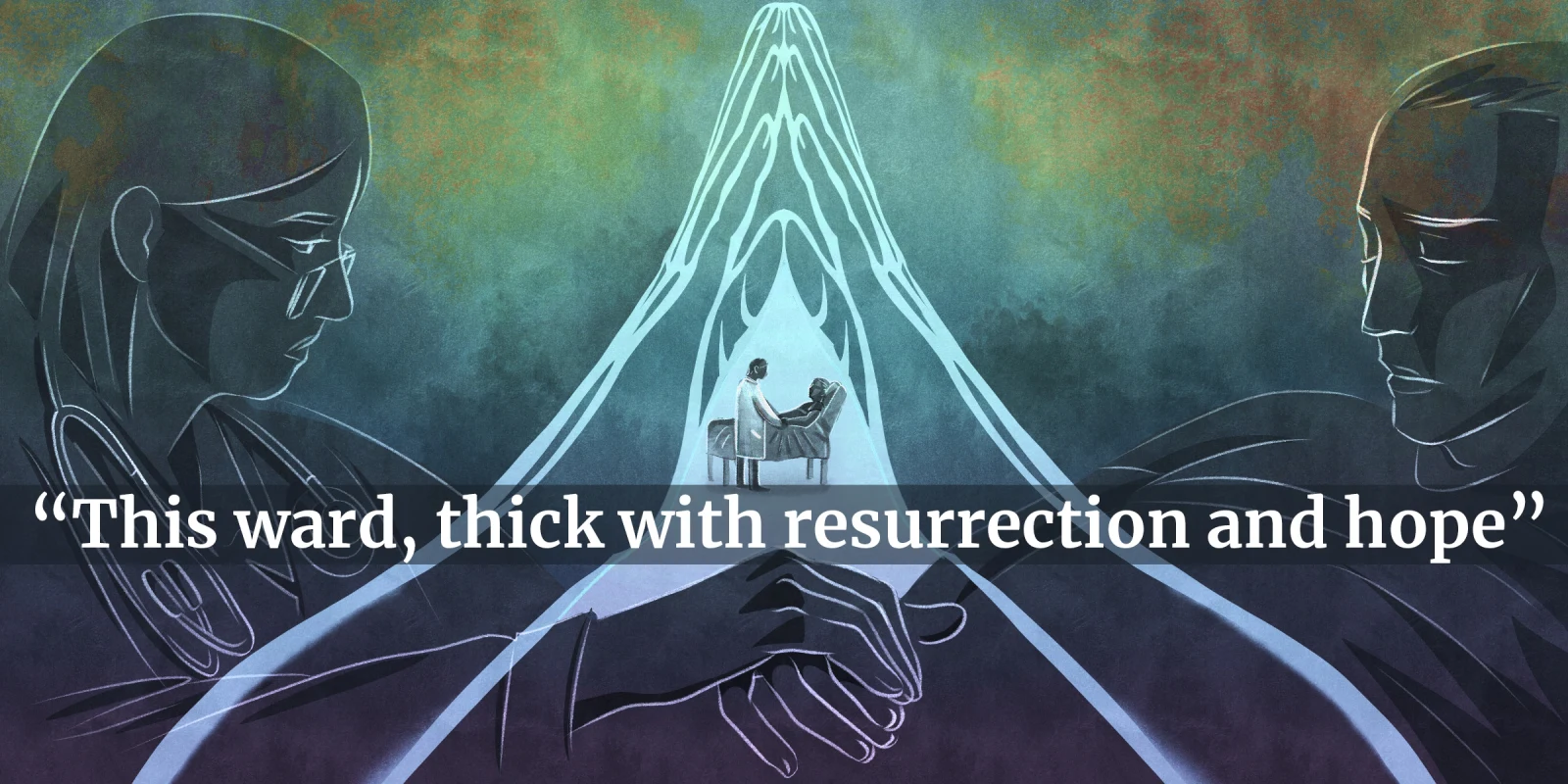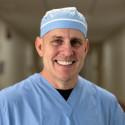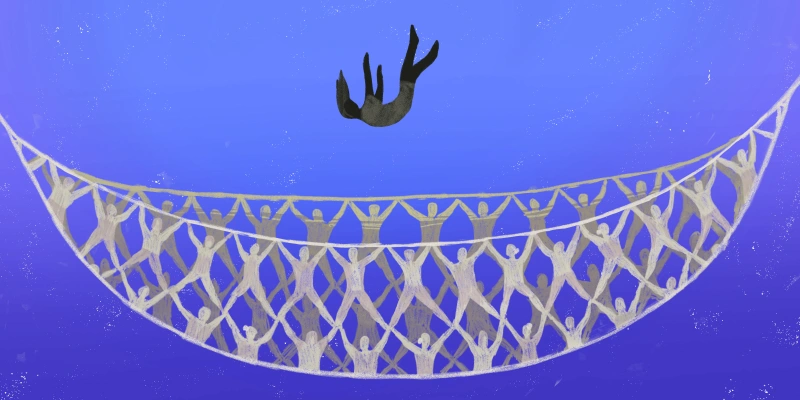This is part of the Medical Humanities Series on Op-Med, which showcases creative work by our members.
Ward 6B
i’m not a religious person
but i’m certain that
even someone unconvinced by the Cross
can’t help but see
this ward is thick with resurrection
and hope
each clear-eyed discharge a fresh breath of spring air
their boulders, removed.
each frail, shaking admission
looks like hopelessness and loss
trembling, sweating bodies, symptoms betray their vulnerability and courage.
for after 40 days and 40 nights of suffering
they show up here
knowing there are five days and four nights more
and infinity after that.
i’m not a religious person
but i’m certain
that
even someone unconvinced by the cross
can’t help but know
each day on Rosary Hall,
this ward, thick with resurrection and hope,
is Easter:
the promise of spring
and
boulders, removed.
An Interview with the Poet
What was your inspiration?
The brave patients on Ward 6B were my inspiration. Rumi and Hafiz are some of my favorite poets.
What is your involvement in or views on arts in medicine?
I believe that the unexamined life is not worth living, and that physicians in all specialties, including surgery, need to remain connected to and expressive of their emotional and creative sides. Nourishing this part of ourselves is what makes us human, and the scientific, algorithmic aspects of medicine can discourage us from thinking in these ways if we are not intentional about making time and space to engage with art.
Why did you choose poetry? What interests you about it?
I started writing poetry in my second year of medical school as part of the humanities pathway requirements to take an undergraduate arts course. I chose poetry, and I have continued writing since. I am working on an anthology of poetry as my capstone project for fourth year.
How does this submission relate to your medical practice?
This poem attempts to convey the privilege of rotating on Rosary Hall, the first place in the country to treat alcohol use disorder as a medical disease, in the same city as the founding place of Alcoholics Anonymous. I started my third year with this unlisted elective that I self-designed, and I am infinitely grateful to the residents and physicians who modeled to me so beautifully how to care for and heal some of the most vulnerable patients in our city.
Olivia is a student at Case Western in Cleveland, OH. Born and raised in Erie, PA (and sort of California, too) she has lived in eight different states since starting college and took a roundabout journey to medicine that included teaching high school math and science (and yoga). She hopes to practice rural family medicine, with a generalist, integrative approach to care and emphasis on culinary medicine and lifestyle medicine. When not studying, she is likely to be found working out with her CrossFit family, practicing yoga, reading, writing poetry, hiking with her rescue pitbull Baylor, or traveling to her next adventure outside (ideally without her cell phone).







